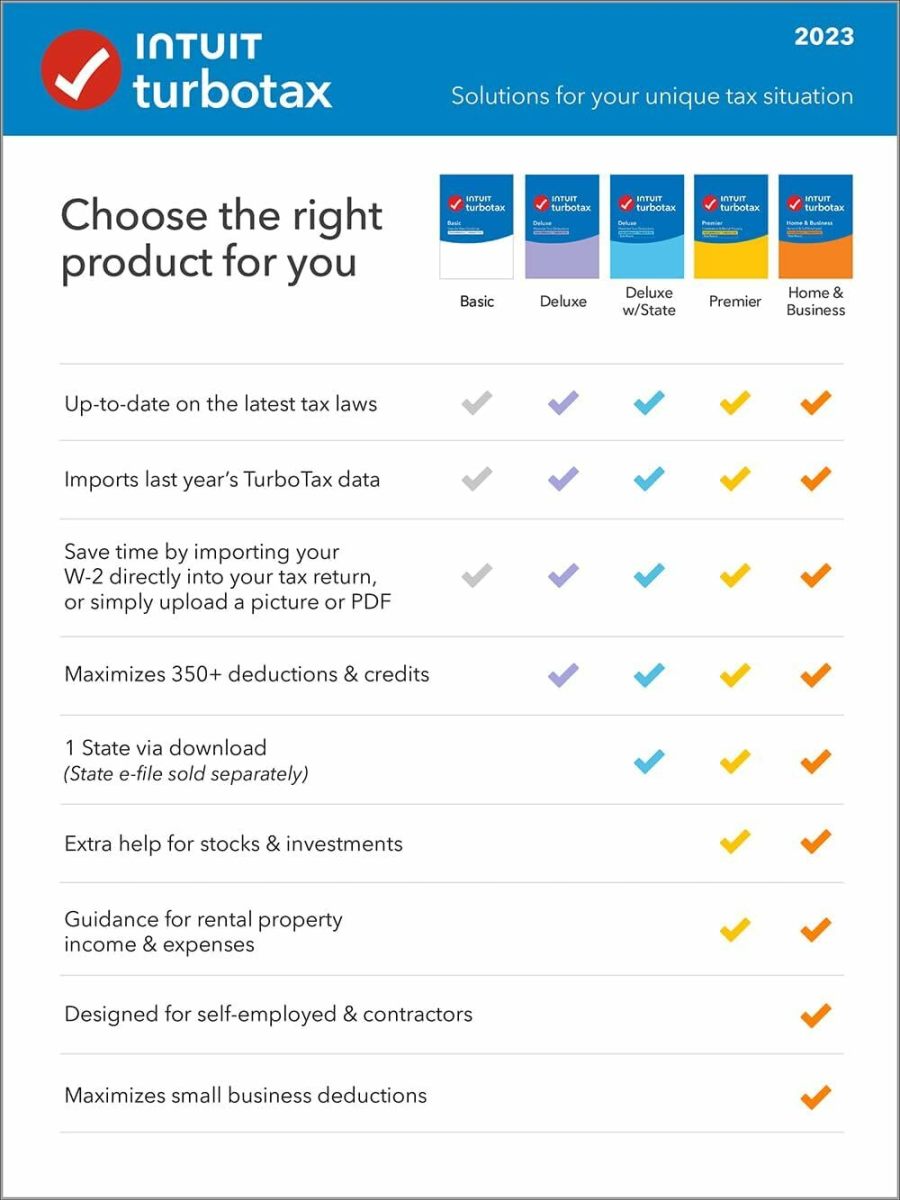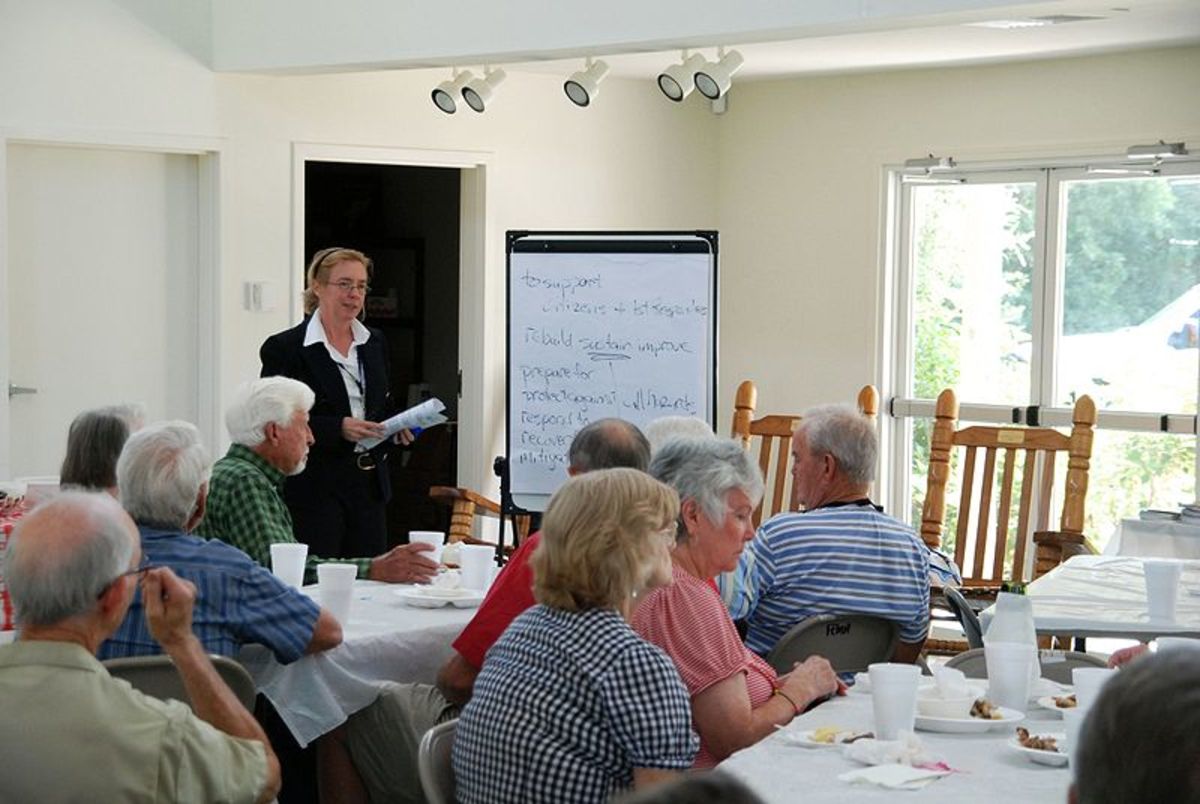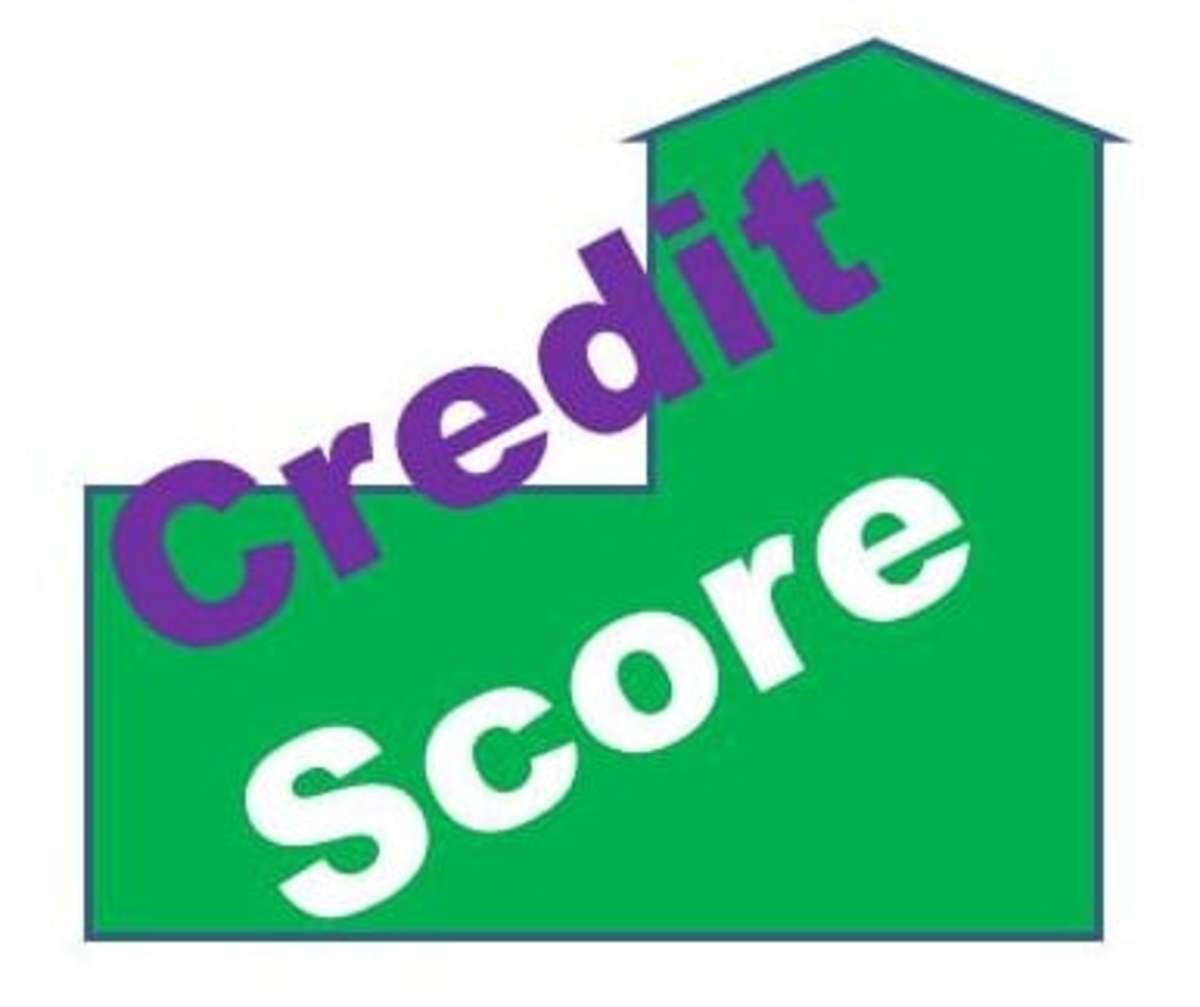Escrow – Definition and Description

A Useful Service
Escrow is a legal arrangement whereby a neutral third party, called the escrow agent, holds an asset during the period in which the deal is being finalized by the other two parties.
In the United States escrow is most often associated with real estate transactions. When a buyer makes an offer on a property and the seller accepts the offer the buyer is expected to back up the offer with some cash. Generally the offer to purchase states the buyer's intent to purchase the property subject to certain conditions being met. These conditions usually include the buyer being able to obtain a loan for the money to complete the purchase, the sale of other property by the buyer (such as sale of a house in order to pay off an existing loan and obtain some of the money needed to complete this transaction). Conditions may also include the seller completing and paying for certain repairs or changes to the property. When the conditions of the offer have been met the escrow agent gives the cash deposit to the seller. If the conditions are not met, the cash deposit is given back to the buyer. In the event the conditions are met but the buyer has a change of heart and decides not to go through with the deal, the cash deposit will still be given by the escrow agent to the seller as compensation for having pulled the property off the market in anticipation of the person making the offer going ahead and completing the purchase. The escrow agent in this case acts as a neutral third party thereby avoiding possible lawsuits between the buyer and seller over who is to get the deposit if one side backs out of the deal.
Another real estate related use of escrow is when the bank or other institution makes a loan for the purchase of real estate they often require the borrower to include with their monthly loan payment a sum equal to one twelfth of the annual homeowners insurance premium and real estate taxes. This is to ensure that, when these items come due there will be funds available to pay them in a timely manner. Since the property is the security for the mortgage loan the lender wants to make sure that if it is damaged or destroyed by fire or other natural causes that there is insurance in force to pay for repairs or make a cash settlement for the value of the property. Similarly, failure to pay real estate taxes can result in the local government taking the property and selling it to obtain the unpaid taxes. Here again, the security for the mortgage could be lost if the taxes go unpaid so the lender wants to make sure all property taxes are paid on time.
Escrow can also be used for other types of property. With the advent of computers there has been a need for buyers of computer software to be assured of continued support for the software code which the creators of the code have usually encrypted in order prevent theft of their intellectual property by others. So long as the company that created the software is in business there is no problem with support. But if it goes out of business the buyers of the software will be left without support. Further, much business software is created by small one or two person firms in which the principal or principals are both the creators of the software and the only ones who have access to the unencrypted code. Since a plane crash or other accident that kills them would leave the buyers of their software programs without support, it is important to have a back up copy of the unencrypted software available for emergencies only. To meet this need an escrow agreement is drawn up in which the owners of the software agree to place a current, unencrypted copy of the software (and update it regularly) with and escrow agent who will keep it in a locked vault and only release it to their customers in the event a specified event, such as the death of the creator of the software, occurs.
© 2006 Chuck Nugent







